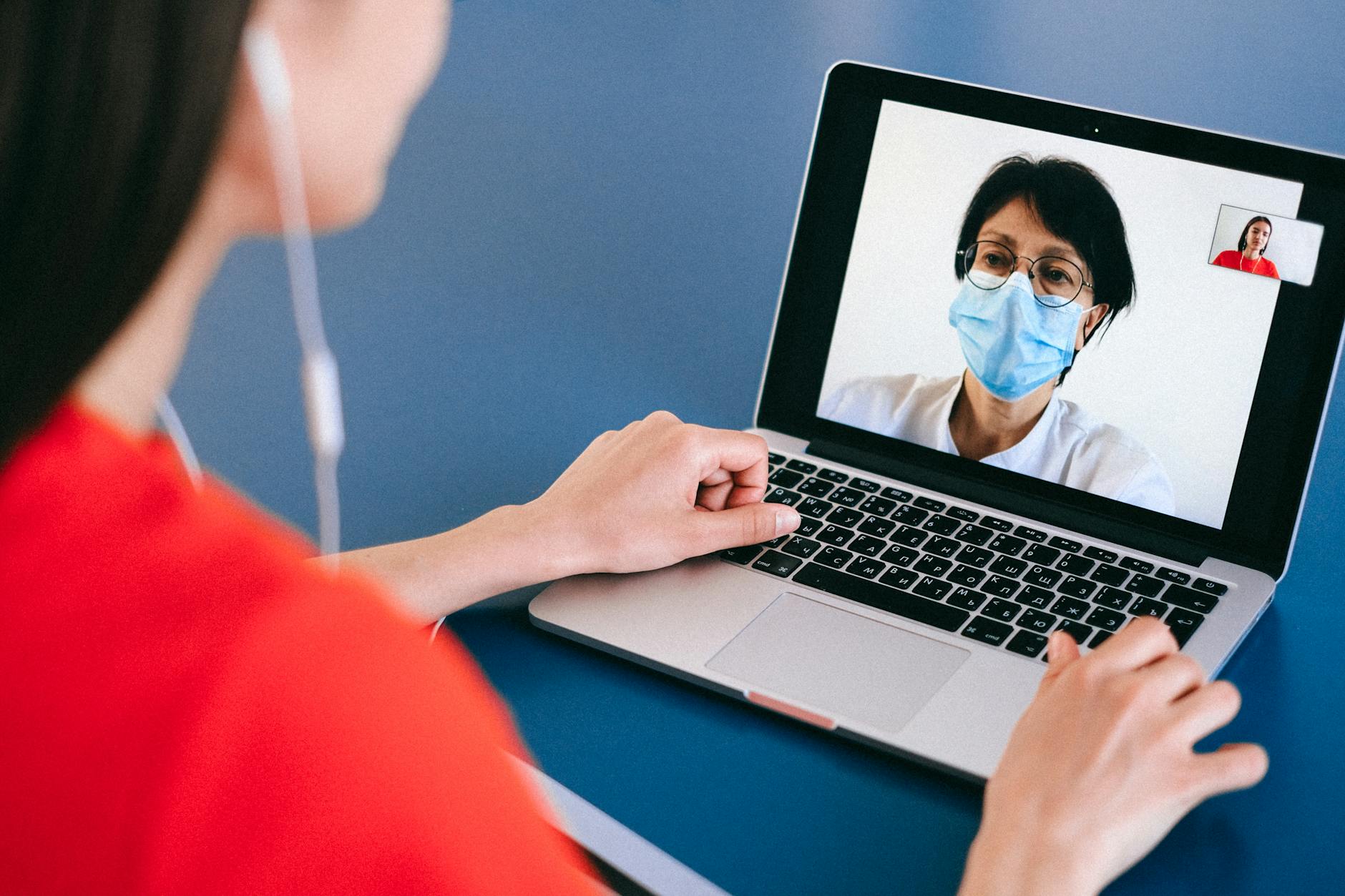Jun 8
2021
Why Online Consultations Should Be The Future of Healthcare

Online consultation is a big part of the electronic healthcare (E-Health) industry. At present, experts are investing a lot of resources into this industry for its overall improvement. Digital health technology is currently going through a revolution. AI and machine learning technologies are now being used to process medical data a lot faster and more effectively. Such technological advances have made online consultations more feasible and readily available to the masses.
There is no doubt that online consultations with Reliant are playing a big part in the healthcare sector. And people should also know that these sessions will soon become the future of healthcare. Thus, people need to learn how and why they should accept this modern form of medical checkups.
Here is why online consultations will soon become the future of the healthcare industry.
On-Demand Service
Most doctors do not provide on-demand service to their patients. To consult with them, you must find a free slot in their schedule, book an appointment, and then they will be able to handle your queries. This is a common scenario in the healthcare industry.
However, with online consultations, doctors can free up their schedules a lot faster. And while you will still have to make an appointment, you do not have to wait a day or two to consult with them. Online consultations also allow doctors to handle more patients than they could with in-person sessions. So all in all, these online sessions help make room for an on-demand service model for the healthcare sector.
Remote and Long-Distance Healthcare
People living in remote parts of their countries might not have access to good doctors and physicians. For that, they have to travel miles to the nearest city or town. That is too much work, especially for patients.
With online consultations, these people can overcome such obstacles. They just need a stable internet connection and they can talk to experts living miles away from them. These people will no longer have to travel hundreds of miles just to consult a health expert.
Comparatively Cheaper
Online and in-person consultations will both be conducted by the same doctors. Everything from the treatment to the prescription they provide will be the same. There is, however, one major difference.
Online consultations are comparatively cheaper. For instance, Broadgate GP, a private GP based in London, provides in-person GP consultations at the cost of £75 ($105). The same session, but conducted online, costs patients only £60 ($85). The same standards are maintained throughout both consultations. Yet, the ones held online are a lot cheaper.
And there is more. Since the consultations are online, you can attend them from the comfort of your home. You are not having to spend money on gas or bus fare. That way, you get to save even more money by attending online consultations.
More Convenient During Appalling Weather
Poor weather conditions restrict movement. Because of such weather, people have trouble leaving their houses. And it is not just the patients, but doctors too fail to make it to their offices on time.
With the help of online consultations, both doctors and patients can be benefitted from such conditions. The patient simply needs to get themself in front of a screen and webcam. They then need to clearly explain their problems to the doctor. That way, the doctor can hear them out and prescribe whatever is necessary to help them get better. And all this is happening while both parties are comfortable at their respective homes. Even in appalling weather conditions, the appointments can go on as scheduled without any hindrance.
Lessens the Pressure on Hospitals and Clinics
Healthcare institutes are often overwhelmed with patients, especially during a health crisis. And this scenario was evident during the early stages of the COVID-19 pandemic.
Hospitals and clinics had their hands full. On top of that, patients who did not show any COVID symptoms were asked not to come to these places for their safety. Experts assumed that coming to the hospitals would expose healthy people to the virus.
Through online consultation sessions, this pressure on hospitals and clinics can be lessened. While doctors need to deal with the major cases physically, they can handle the less fatal ones through these virtual one-to-one meetings.
Online consultation sessions cannot replace the physical experience entirely. Besides, many people prefer talking to their physician face-to-face. Hence, the challenge now is to convince people that these online sessions are effective and necessary. Although they are not applicable for all sorts of treatments, online consultations can still lessen the pressure on the existing healthcare system.